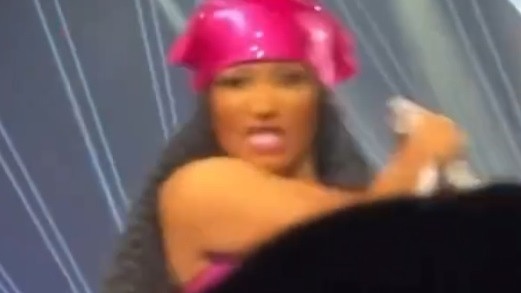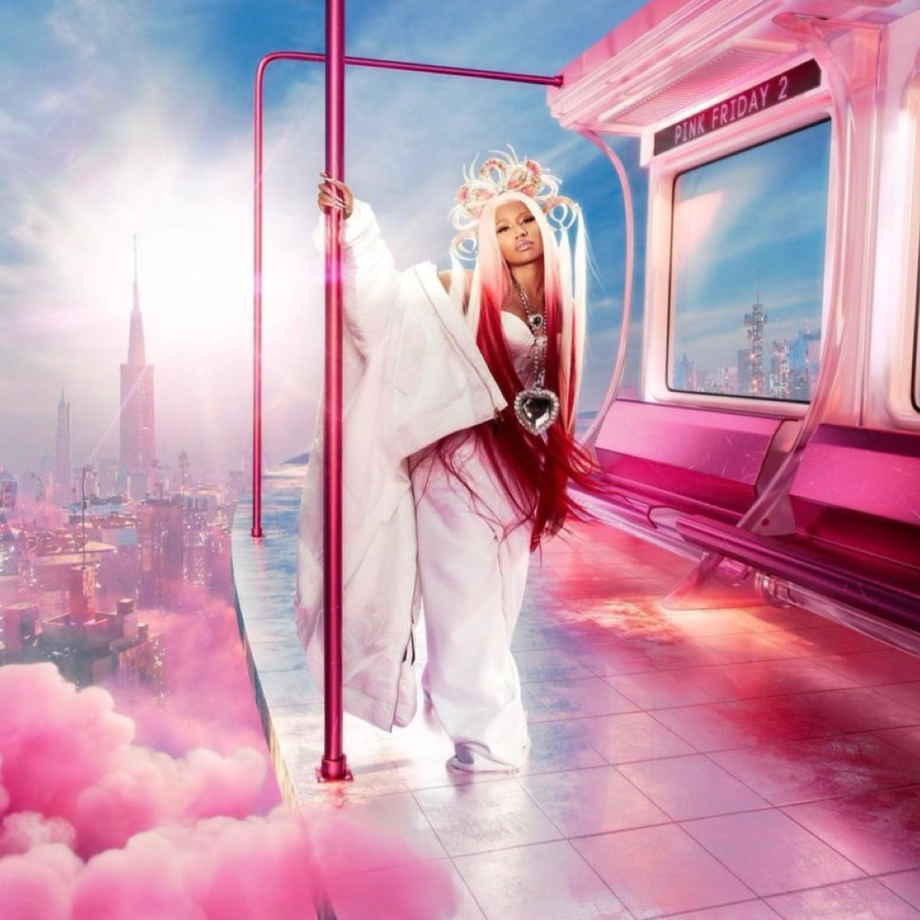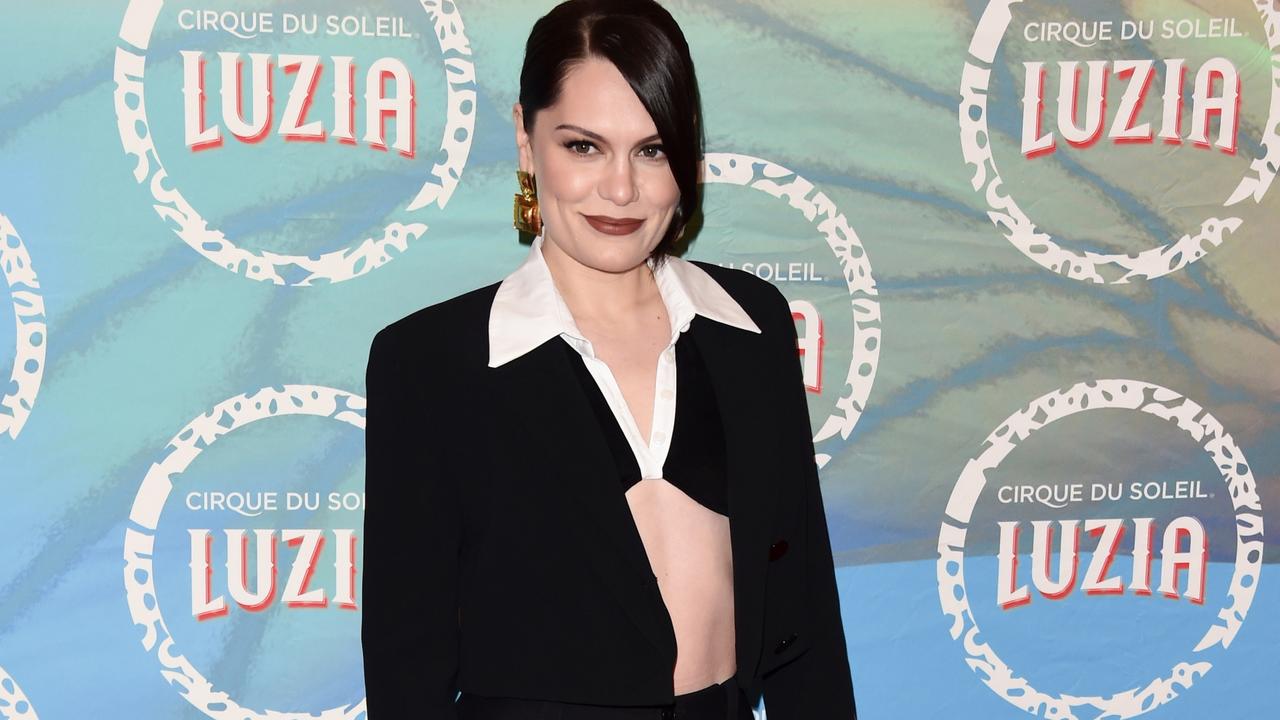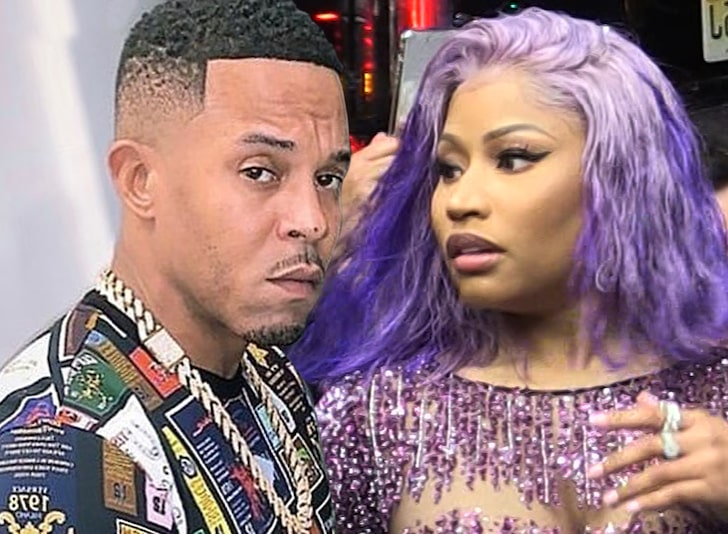This article is more than
1 year oldNicki Minaj’s “Pink Friday” Sequel Is Pure Spectacle
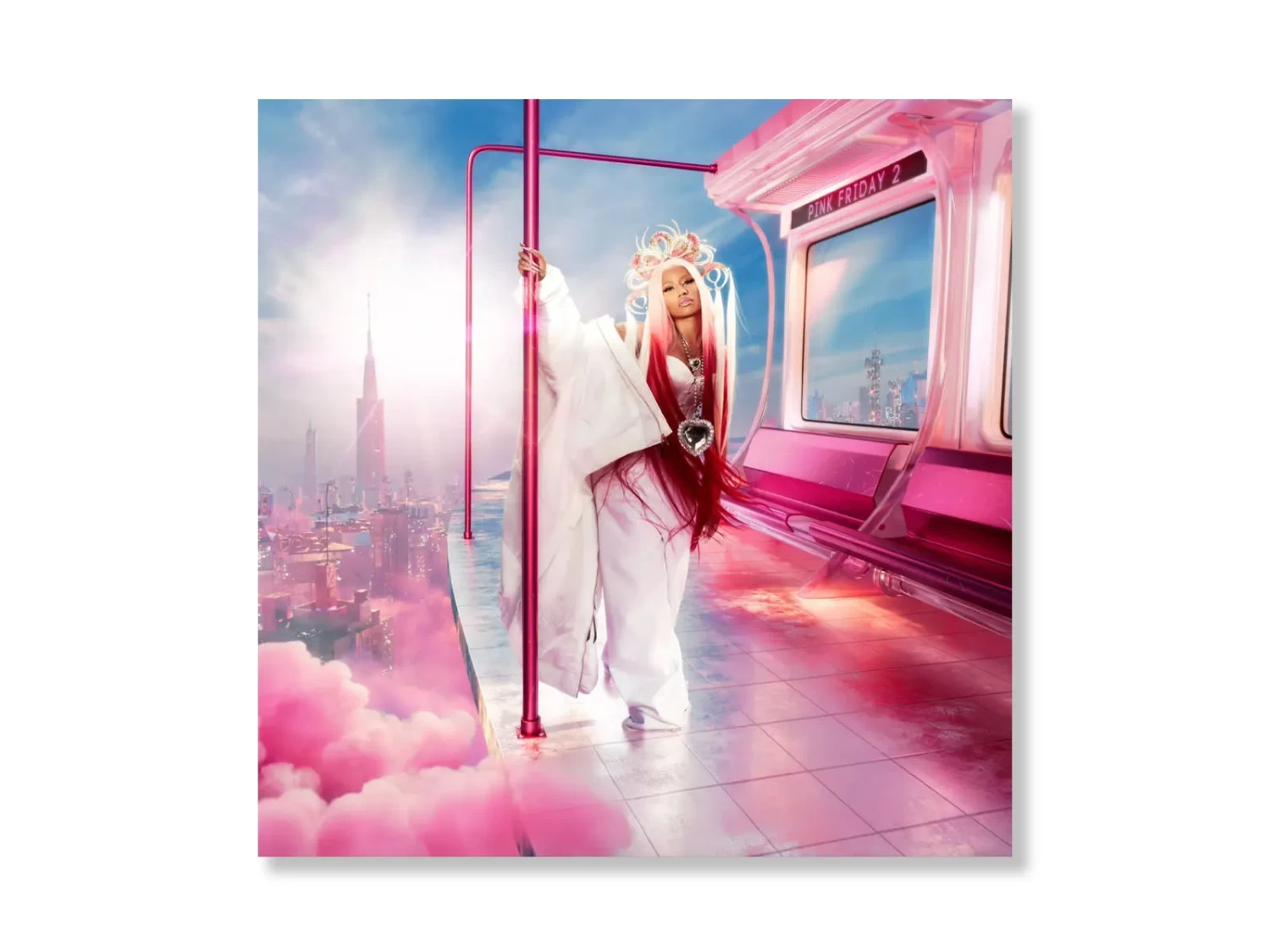
There’s a prevailing idea that it’s lonely at the top, but it seems even lonelier to have once been on top and to end up working to convince yourself (and others) that you remain there, the crown still fitting as firmly as it ever did.
Nicki Minaj celebrated her forty-first birthday on December 8th, the same day that her new album, “Pink Friday 2,” was released. Through a rap career spanning a decade and a half, Minaj has always produced studio albums at a thoughtful pace. Her output includes three mixtapes and a long string of feature verses that could reasonably be considered their own distinct body of work. But “PF2” is only Minaj’s fifth studio project, and her first in five years. It is also a sequel, a callback to her 2010 début, “Pink Friday.” The original album produced an impressive run of singles and sold three hundred and seventy-five thousand copies in its first week alone, propelling Minaj to superstardom, a status that she’d seemed well suited for even before the album’s drop. A theatre kid at heart, who attended the Fiorello H. LaGuardia High School of Music & Art and acted Off Off Broadway before making the leap into music, she had an aesthetic theatricality (all those candy-colored dresses and wigs) and a dexterity of flow, weaving in and out of exaggerated vocal tones in a way that managed to be both playful and precise, vicious and cartoonishly appealing.
Four albums later, Minaj’s commercial appeal hasn’t dwindled. None of her albums have débuted below No. 2 on the charts. All have gone at least platinum, even as Minaj has often courted controversy, sometimes bizarrely, as when, in 2021, she tweeted that she was not getting vaccinated against covid owing to her cousin’s friend in Trinidad, who had received the shot and then suffered swollen testicles. (The Trinidad and Tobago health minister disputed the claim.) Minaj has seen her mixtapes adored in the streets and her albums shatter commercial barriers. She’s given life to a string of alter egos, including Harajuku Barbie, from “Pink Friday,” which gave her notorious fanbase, the Barbz, their name. Most significantly, she disrupted the chart dominance of her male peers in rap and did so on her own terms. It is impossible to ignore her impact or her versatility as an artist.
So a victory lap might be in order, and what better way to set one off than to summon a groundbreaking moment from decades past? With “PF2,” though, the sequel serves mostly as a reminder that times have drastically changed. In the decade-plus since Minaj’s ascendance, a string of other women artists have found dominance on the rap charts and in the rap discourse—Cardi B, Doja Cat, Megan Thee Stallion. Minaj has reacted to the success of her peers (and competitors) with a mixture of graciousness and a kind of embittered protectiveness, sparking endless questions over whether some sly dig in a verse is aimed at a contemporary whom she has deemed less than an equal. The latter mood is what seems to get the best of her on “PF2.” Her rapping on the album sounds the best it has since “The Pinkprint,” from 2014 (her standard-setting record, I think); there’s an ominous tone to her near-whispered flow on “Beep Beep,” where she shrugs, “If I don’t even know you exist, is that beef?” She excels, as she often has, in finding the percussive element in her vocals, as on “Bahm Bahm,” where she emphasizes every consonant in the chorus, creating a kind of separate beat in the gaps between the song’s drums.
The album is not without its flashes of introspection. The opener, “Are You Gone Already,” wrings out a vocal sample from Billie Eillsh’s “When the Party’s Over,” while Minaj raps about the death of her father, who was killed in a hit-and-run in 2021. “You never got to meet papa,” the lyrics begin, referencing Minaj’s son by his nickname, Papa Bear. The song exemplifies Minaj’s ability to switch effortlessly between singing a melodious chorus and rapping a fierce verse, a skill that she deploys several times on the album. “Needle” features Drake, and capitalizes on the tenured chemistry the two have built over years of collaboration, but it is Minaj’s airy and sweet vocals on the chorus that give the song its infectiousness.
For all of its nimbleness, though, “PF2” suffers in part from its sheer length—twenty-two tracks over seventy minutes—which leaves it feeling like an album by an artist who can’t decide what she wants to declare. Some samples work; in “Barbie Dangerous,” which borrows the keys and drum sequence from “Notorious Thugs,” by the Notorious B.I.G. and Bone Thugs-n-Harmony, Minaj effectively matches the original artists’ distinctly speedy and staccato flow. But “Pink Friday Girls” mangles Cyndi Lauper’s “Girls Just Want to Have Fun,” burying the original tune under generically plodding drums and reusing the same trick of mirroring the vocals from the original. The album’s production, credited to forty-three different producers, is uneven and doesn’t always serve Minaj’s rapping. Stabs of synth repeat over drums that are indistinguishable from the drums that came before. Minaj sounds less playful, at times less adventurous. Her sense of humor, once so smooth and confident, seems a bit forced now, more exhausting. On “Red Ruby Da Sleeze,” the line “700 on them horses when we fixin’ to leave / but I don’t fuck with horses since Christopher Reeve,” which also acts as a not-so-subtle swipe at Minaj’s rival Megan Thee Stallion, garners only a heavy sigh.
Minaj has accumulated many grudges over the years, and she has held on to her fair share of slights, both real and perceived. On “PF2,” her habit of sending menacing lines flying toward targets grows a bit tiresome, eclipsing whatever moments of vulnerability the album has to offer. Her adversaries remain unnamed; they could be anyone, and so, after a while, they become everyone. This isn’t a new M.O. in rap music, nor is it new for Minaj (nor for some of her assumed targets, like, say, Cardi B). But the grinding of so many axes becomes bludgeoning, not to mention tonally repetitive. Minaj’s foes are broke. Her foes are envious to the point of delirium. Her foes can’t match her accomplishments (a claim that admittedly has some truth, depending on the foes in question).
The album sounds, at times, like an exercise in revenge, and at other times like an artist attempting to recapture her glory days. It often sounds too readily like a product, designed to get people talking and to take as many swings at the charts as possible, pulling in disparate soundscapes and disparate grievances and disparate nostalgic meanderings without a discernible through line. Taking in the entirety of “Pink Friday 2,” I feel a certain disappointment, knowing that the album could have better served its author if it had placed a little less emphasis on the most obvious forms of spectacle. But even those thoughts might dishonor the Nicki Minaj whom the public has come to know. Whether it rings hollow or not, her bombast is a relentless kind of creative commitment, and I think that, at least, is worth honoring, even if this album doesn’t honor it well.
Keywords
<p>Ukraine has begun using longer-range ballistic missiles against Russia that were secretly provided by the US, American officials have confirmed.</p>
China warns relations with US could slip into ‘downward spiral’ if red lines crossed
King’s Funeral Plans Dusted Off—as Health Remains a Mystery
Here’s why Iran decided not to attack Israel again
Megan Thee Stallion’s Ex-Makeup Guru Talks. It’s Not Pretty.
KANYE WEST PLANS TO LAUNCH 'YEEZY PORN' ... Could Be Coming Soon!!!
Can Zendaya make the leap from tween idol to Hollywood heavyweight?
Bill Maher's audience roars with laughter after he mocks Don Lemon to his face
Trump lawyer tells SCOTUS that president could have immunity after ordering military to assassinate a political rival
MAJOR ANNOUNCEMENT: Buck Palace updates on King Charles’ condition
